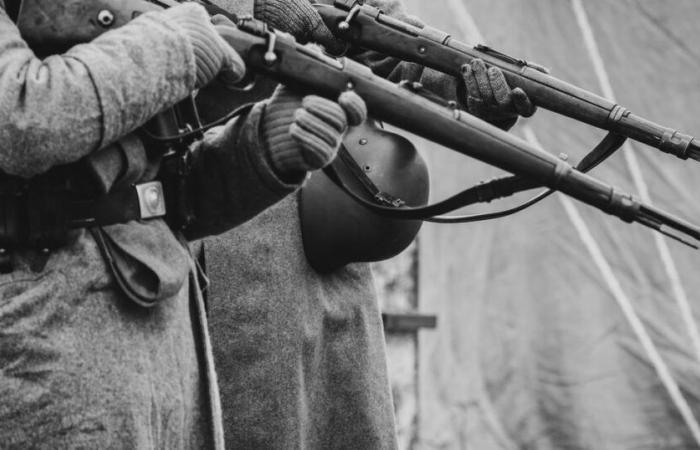By Paul Ropartz
Published
January 3 at 5:31 p.m.,
updated January 3 at 6:17 p.m.
”
data-script=”https://static.lefigaro.fr/widget-video/short-ttl/video/index.js”
>
To date, 8 million documents have been published, but the various stakeholders estimate they want to digitize up to 30 million pages by 2027.
The names of the 425,000 people suspected of having collaborated with the Nazis during the Second World War were put online this Thursday, January 2 for the first time by the Central Archives of Special Jurisdictions (CABR), created at the liberation of the Netherlands by the Allies in 1945. These names were previously only accessible to researchers visiting the Dutch National Archives in The Hague. To date, 8 million documents have been published, but the various stakeholders estimate that they want to digitize up to 30 million pages by 2027. This project was undertaken by the NIOD Institute of War Studies, the Archives Dutch National Institutes, the Huygens Institute and the WO2Net Foundation.
These names concern all the people – all now dead – who were investigated by the Dutch special courts in 1945. The database only shows the name, date and place of birth of the people concerned. They do not specify whether the people were found guilty and how they collaborated.
Archives “of inestimable value”
Among the 425,000 people concerned, the document reveals that 20,000 Dutch citizens had joined the Nazi armed forces or the National Socialist Movement, the former Nazi party in the Netherlands, without revealing their names. We also learn that 150,000 individuals had been convicted by the courts for collaboration. The Huygens Institute, one of the project partners, considers BBC what “these archives contain important stories for present and future generations (…) for children who want to know what their father did during the war, and for historians who research the gray areas of collaboration ».
The Dutch Minister of Culture, Eppo Bruins, declared on December 19 in a press release that “these war archives are of inestimable value for historical research, to maintain the memory of the World War II and for loved ones looking for information. A new world is opening up. The minister also wants to change the law regarding archives from this period to allow greater access to this information.
World






